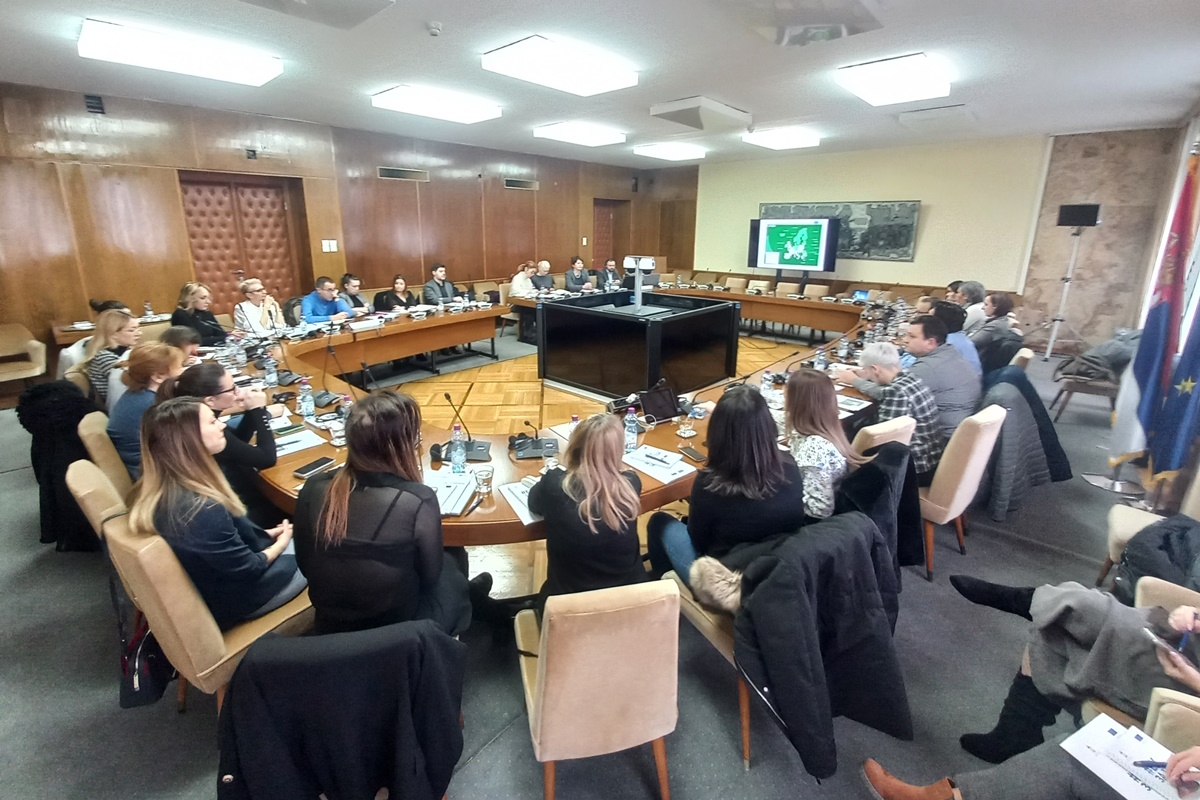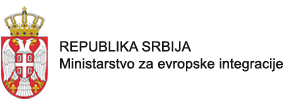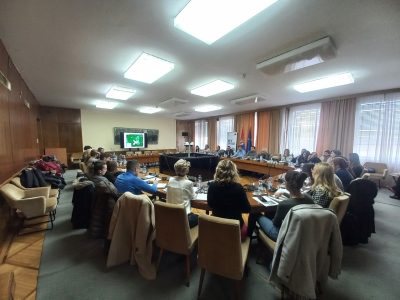Chapter 27: towards system administrator of the beverages deposit and return system

A proposal of measures necessary to establish a system for managing the deposit-return system for beverages, as one of the ways to reduce waste at the source, was prepared with the support of the PLAC III project.
According to the European Commission report, Serbia has a good level of legislative alignment in the waste management sector. However, the EU invited Serbia to speed up the implementation of the acquis, in particular as regards waste prevention, waste reduction, waste separation, separate collection and waste recycling and extended producer responsibility. To close the negotiations in Chapter 27 Serbia must prepare and present waste management plans – national and regional – that include information on all waste streams, including the solutions to manage them, type and capacity of waste management infrastructure, separate collection schemes and economic instruments such as pay-as-you-throw schemes and extended producer responsibility schemes.
Through the PLAC III project, the deposit-return system (DRS) for beverages was recommended as an affordable implementation option that can stimulate the use and placing on the market of reusable packaging and increase packaging reuse, based on EU Directives’ requirements, hence, reducing waste generation at source. In addition, the PLAC III project delivered proposals for amendments to the Law on Packaging and Packaging Waste governing general conditions for the operation of the deposit-return schemes for beverages. However, in order to implement and enforce basic conditions for the operation of the DRS for beverages, PLAC III project recommended further legal framework modifications aimed at establishing a system administrator and the supervisory body, as well as new legal proposals prescribing the beverage container material, container volumes, and beverage types.
Project experts Ion Nae Mousetiu and Vladica Čudić worked with representatives of the Ministry of Environmental Protection to establish a system of administrators of the deposit-return system for beverages and a supervisory body to monitor the implementation of the DRS system in accordance with the Union acquis. The acquis consists of Directive (EU) 2018/852 amending Directive 94/62/EC on packaging and packaging waste and Directive 2019/904 on reducing the environmental impact of certain plastic products.
The experts presented results of their work – an overview of the best practices in the EU member states for the institutional setting that regulates the selection of DRS system administrators and duties/responsibilities, monitoring of the system and data required from stakeholders for reporting at a workshop held in Belgrade on 17 January 2024. Solutions from Latvia, Slovakia, Estonia, Denmark and Sweden were presented. Vladica Čudić presented the state of play in Serbia when it comes to relevant projects and the return and packaging. As recommendations for the legislative framework, Mousetiu said that it would be necessary to amend the Law on packaging and packaging waste, to have a government’s decision on the amount of the packaging fee, as well as new by-laws that will implement specific measures. He indicated that a transition period of one year is needed. The DRS administrator, Mousetiu stated, is usually a non-profit body responsible for the operation of the return system, including meeting performance goals, managing finances, registering manufacturers and new products into the system, establishing contracts for service providers, etc.
The workshop was attended by representatives of the line ministry and the stakeholder organisations.
Relevant Union acquis:
- Directive (EU) 2018/852 amending Directive 94/62/EC on packaging and packaging waste
- Directive 2019/904 on reducing the environmental impact of certain plastic products.
Photo gallery:
Recent Posts

Notice
9. April 2024.

The fourth project brochure published
29. March 2024.

The last meeting of the Steering Committee
28. March 2024.
Negotiation chapters
- Chapter 1: Free movement of goods
- Chapter 3: Right of establishment and freedom to provide services
- Chapter 8: Competition policy
- Chapter 9: Financial services
- Chapter 10: Information society and media
- Chapter 11: Agriculture and rural development
- Chapter 12: Food safety, veterinary and phytosanitary policy
- Chapter 13: Fisheries
- Chapter 15: Energy
- Chapter 16: Taxation
- Chapter 27: Environment
- Chapter 28: Consumer and health protection
- Chapter 32: Financial control
- Chapter 33: Financial and budgetary provisions




